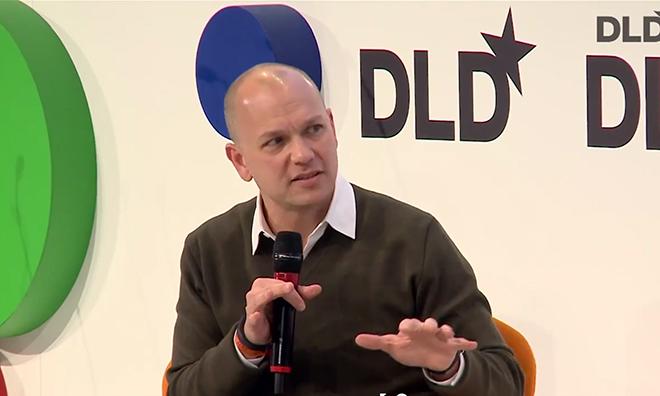Nest CEO Tony Fadell on Monday said no changes to his company's privacy policies are planned "at this point," a qualification of a previous statement that promised collected user data would stay out of the hands of Google, which recently acquired Nest for $3.2 billion.
In an interview with CNNMoney's Laurie Segall at the Digital-Life-Design conference, Fadell changed his tune as to the application of user data collected by Nest's Learning Thermostat and Protect smoke/carbon monoxide detector devices.
"At this point there are no changes," Fadell said. "The data that we collect is all about our products and improving them. If there are any changes whatsoever, we will be sure to be transparent about it, number one, and number two for you to opt into it.
When Google announced the purchase of Nest last week, the former Apple executive said all data would be plied exclusively for in-house purposes. Now it appears sharing data with the Internet search giant is no longer out of the realm of possibility.
Nest's products "learn" from monitoring user habits like temperature settings and adapt accordingly to save energy and automate in-home comfort. User data can be interchanged between products and uploaded to Nest for use in future product designs and usability enhancements. The connected nature of Nest's devices sparked concern about what Google -- which heavily relies on such data in its various businesses, like targeted ad serving -- would do with the information.
Asked why he chose to sell Nest to Google, Fadell said it was as much a personal move as it was corporate.
"I've met with many companies and I've met with many individuals all over the world -- not just with Nest but with Apple -- and when I met with [Google CEO Larry page] and the management team there, my brain started ... typically you go in the meeting and you go 'Okay I'm going to tell Larry what we do and I'm going to teach a lot of people about what we do,'" Fadell said. "When I was with them, the amount of things that I learned from them personally in the same meetings that they learned from me personally, the two-way interchange, for me intellectual happiness and stimulation of being able to go back and forth and really create a new world together in a different way than either of us imagined."
Fadell went on to say the Google-Nest partnership is like a "hand-in-glove fit." With Google's vast resources, Nest gets the scalability it needs to refine and push out future products. Google, on the other hand, has not yet revealed exactly what it plans to do with Nest. For now at least, the smart home company will run on its own in a capacity somewhere between YouTube and Motorola, Google said.
"All I can say is we were finishing each other's sentences and the visions that we had were just so large and so great. And they weren't scared by them," Fadell said. "We were both getting exhilarated by what could change and how things could change and that we could have the ability together to change those things."



